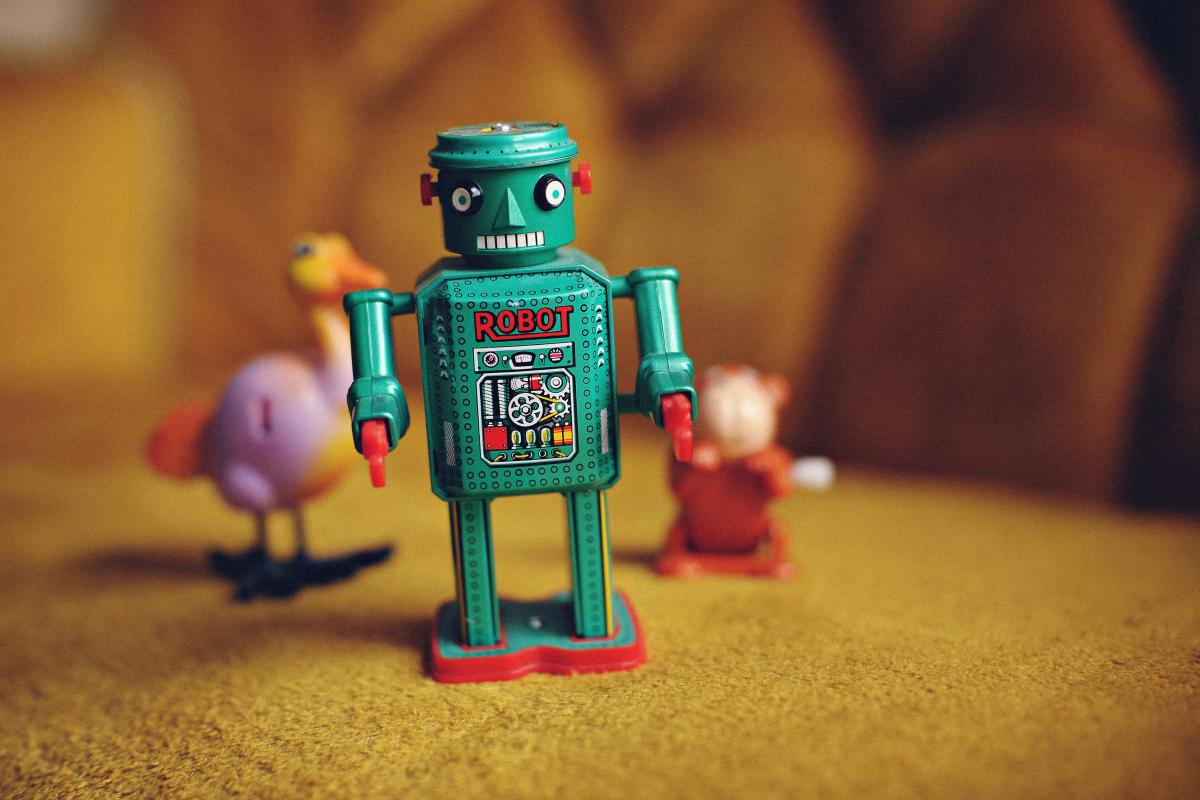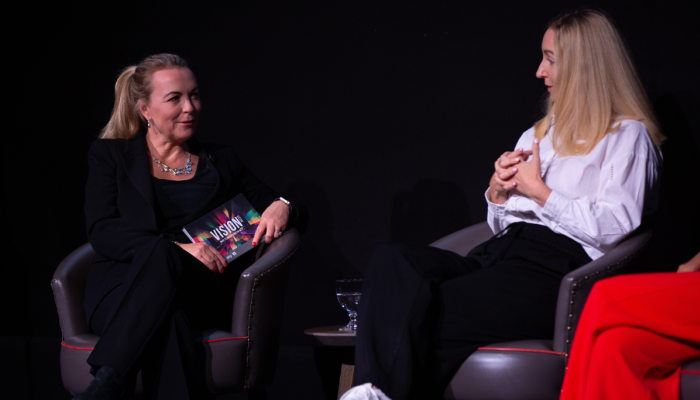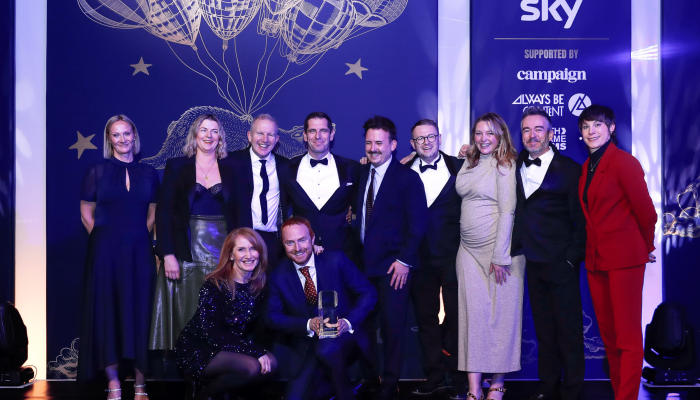The LEGO Group's Creative Director says we need to elevate the conversation about creativity away from just our outputs and ‘the work’ and focus it on our people, how they’re organised and the way they come together.
Technology has rapidly changed our current workforce, but I believe creativity is what will drive its future. To harness its power we need to understand what it is and why it’s important to us, not just for success today, but for the purpose of securing a meaningful future for everyone tomorrow.
The problem with success today
Most evolved industries today follow a similar pathway – whether that’s marketing, consumer goods or technology, they create something that works, optimise it, automate it, make it cheaper, make it faster…
The story is always pretty similar - ‘fat cat’ bosses make a lot of money from optimising these processes and organisations in order to squeeze maximum dollar out for themselves and their shareholders, so it’s unlikely this will slow down anytime soon. The problem therefore is that it’s often hard to see where that leaves people doing the jobs in these companies, and certainly where it leaves the next generation. Whether it’s within marketing where we’ve had automated media buying, digital A B testing, digitised production, or the broader application of things like AI (writing TV ads), automation and robots – the pace of change across industries and the impact on people is faster and more severe than any time since the industrial revolution.
At the risk of sounding dramatic… If AI and robots take over what is left behind?

Looking at this graph illustrated by Carl Benedikt Frey, you can see the probability of jobs long seen as solid career choices for decades, will disappear. Eg Insurance, accounting, retail and even commercial pilots.
In fact, according to the world economic forum, 65% of children entering primary school today will ultimately end up working in completely new job types that aren’t on our radar yet. Despite this many people still want to believe technology isn’t going to ‘take over’ their industry or their job.
The inevitable
Kevin Kelly in ‘The inevitable’ talks about our future roles as humans in a world of work, where the inevitable strive for optimisation and profitability means companies will continue to embrace technology and automation.
In one part he talks about the 7 stages of denial people will go through in the future:
A robot/computer cannot possibly do the tasks I do.
[Later] OK, it can do a lot of those tasks, but it can’t do everything I do.
[Later] OK, it can do everything I do, except it needs me when it breaks down, which is often.
[Later] OK, it operates flawlessly on routine stuff, but I need to train it for new tasks.
[Later.] OK, OK, it can have my old boring job, because it’s obvious that was not a job that humans were meant to do.
[Later] Wow, now that robots are doing my old job, my new job is much more interesting and pays more!
[Later] I am so glad a robot/computer cannot possibly do what I do now.
[repeat]
Whether you’d agree or you’d respond the same way or not, most people can see that the outcome is probably the same. Career success in the future will be defined by not fighting the machines, but embracing them, and the most exciting jobs will be inventing new things for these robots to do, not trying to compete with them. Not surprising then with this future in mind, the list of critical skills we might see ourselves needing is changing.
When IBM surveyed (below) 1,500 Chief Executive Offices from 60 countries and 33 industries worldwide, it became clear that the shift is happening fast.

In just 5 years over 35% of skills seen as important will have completely changed with ‘Creativity’ jumping from 10th to 3rd in just a few short years.
What is creativity?
So if Creativity is to be one of the most important skills we will possess as humans, and it will define the success of our future organisations, we should better understand what it is. There are endless books, blogs, podcasts and google results defining creativity but this one stood out recently:
Creativity: the mental ability to conceptualize (imagine) new, unusual or unique ideas, to see the new connection between seemingly random or unrelated things. The act of creativity is turning new and imaginative ideas into reality, something children seems to do naturally.
Interestingly though, while a recent study from The LEGO Foundation found that 98% of three-year-olds register as “creative geniuses.” By the time they are 25? Only 2% still do.
That’s a problem when it seems clear that creativity is about more than just writing the next funny tweet, it might just be about a meaningful future for mankind. So it really does feel like our industry of all industries at least should be working harder than ever to recognise the importance of creativity and ideas; to enable the core creative skill sets and ways of working that will empower the next generation to succeed – where the robots can’t.
If our processes and organisations don’t allow for experimentation and invention, ideas become stagnant. It’s about combining expertise and knowledge of how things work alongside having the bravery to reinvent it.
We need to elevate the conversation about creativity away from just our outputs and ‘the work’ and focus it on our people, how they’re organised and the way they come together.
And if this article hasn’t convinced you, blame the robot - it wrote this while I was down at the pub.
This article first appeared in issue 1 of new members-only Marketing Society publication EMPOWER. Members can read the issue here. If you've forgotten your login details please email our Editor.



